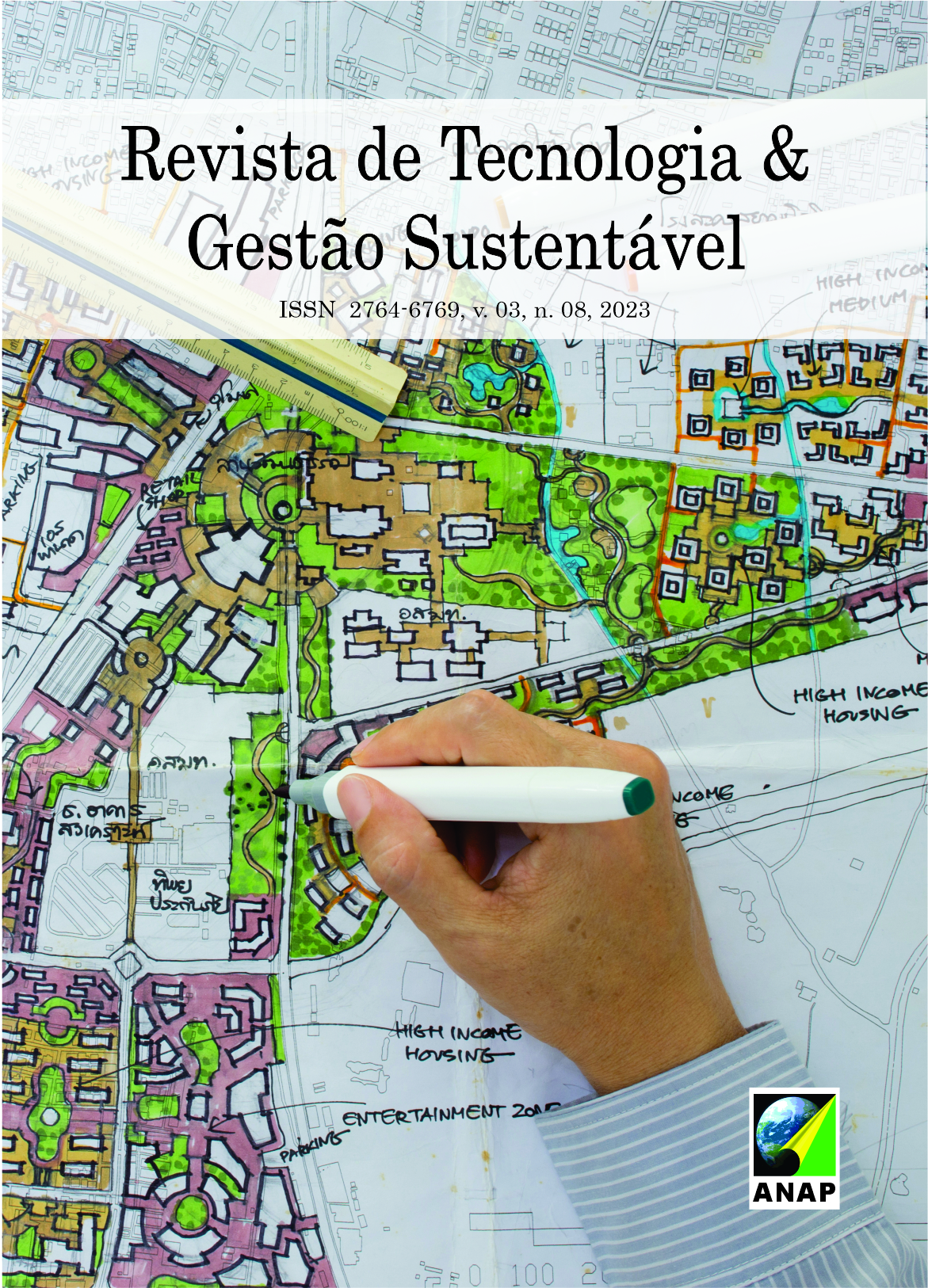Water-Path Game
Transforming children into environmental guardians with an interactive game about preserving urban waters
DOI:
https://doi.org/10.17271/49amm287Keywords:
Environmental Education, Active Methodologies, Gamification, Water Conservation, Sustainable Development GoalsAbstract
This study investigates the effectiveness of educational games in the learning process of elementary school students, focusing on raising awareness about water conservation. The "Water-Path Game" was applied to 40 public school students aged 9 to 10 from Penedo-AL, aiming to make learning more engaging and interactive. In addition to promoting conscious water use, the game was designed with inclusive mechanics, using symbols and illustrations to help children in the process of literacy or with cognitive difficulties. The research also involved 10 teachers with experience ranging from 5 to 12 years, who evaluated the game's impact compared to traditional teaching methods. Using a scale from 1 to 5, both teachers and students expressed a high level of satisfaction and recognized gamification as an effective tool for developing cognitive skills such as critical thinking and problem-solving. The activities were highly approved by students and teachers, highlighting the potential of innovative pedagogical practices in the school environment.
Downloads
Published
Issue
Section
License
Copyright (c) 2024

This work is licensed under a Creative Commons Attribution 4.0 International License.








